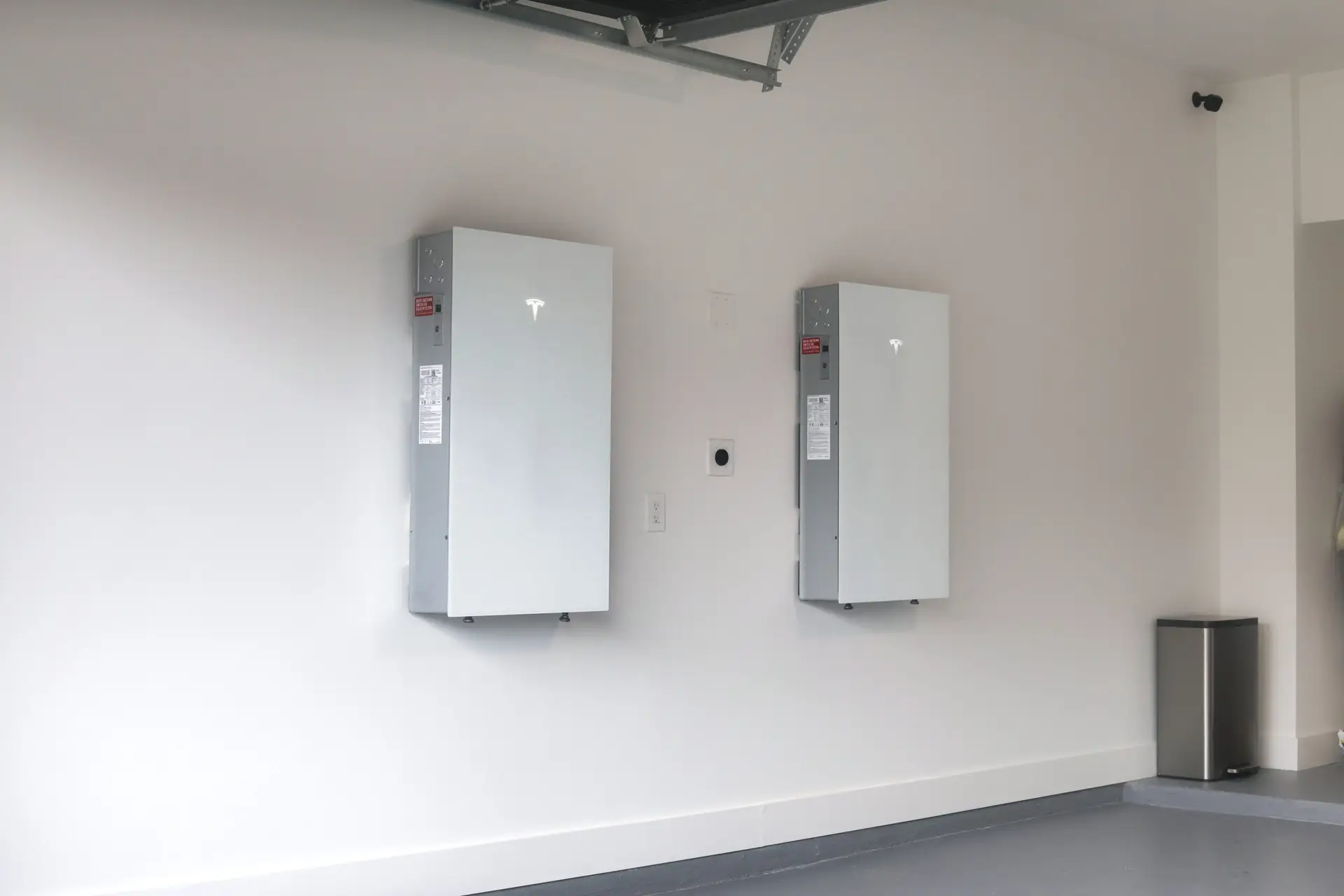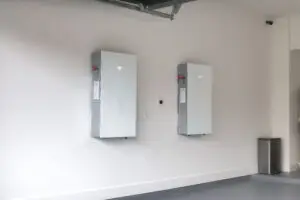7 Tips To Maximize Your Home’s Solar Energy Efficiency
For decades, we’ve relied on non-renewable energy sources and the traditional electric grid to meet our energy needs. However, in recent years there’s a growing shift towards harnessing solar energy as a green and affordable alternative. Yet, simply installing solar panels isn’t enough. To truly make the most of this transition and ensure meeting your energy needs, it’s crucial to optimize the performance of your solar energy system. In this article, our experts at Solstice Solar share valuable insights and practical tips to help you maximize the benefits of your solar investment and achieve greater energy efficiency all leading up to a lower electric bill as well.
As technology has advanced, solar panels have significantly increased in efficiency over the years, with ongoing technological innovations continually pushing their performance boundaries. However, while the technical aspects of the solar energy system, such as product selection and system placement, play crucial roles in enhancing efficiency, homeowners can also implement additional tips to further increase overall system efficiency. Here are our top 7 tips on how to optimize your solar energy system.
1. Regular Cleaning and Maintenance
Regular maintenance and cleaning of solar panels are among the simplest yet most crucial strategies to enhance their efficiency. While solar panels typically require minimal upkeep, neglecting regular maintenance can significantly impact their performance. Dirt, dust, and other debris can gradually accumulate on the surface of solar panels over time, obstructing sunlight and thereby reducing their efficiency. Therefore, it is essential to schedule routine cleanings, ideally at least once or twice a year, to ensure that your solar energy system operates at its peak efficiency. By keeping your solar panels clean and well-maintained, you can maximize their energy production and overall effectiveness, ultimately optimizing your investment in renewable energy.
2. Install Energy-Efficient Appliances
To optimize your solar energy system’s performance, another effective approach is to reduce overall energy consumption at home. One impactful way to achieve this is by investing in energy-efficient appliances, especially for high-usage areas like the kitchen. By upgrading to appliances that consume less energy while maintaining functionality, you not only decrease household energy demand but also enhance the self-sufficiency of your solar panels’ energy generation. This combination promotes sustainability and cost-effectiveness in your home’s energy usage, ultimately reducing your carbon footprint.
3. Add A Battery Storage System
While the initial investment may be substantial, integrating a battery storage system with your solar energy setup represents the ideal synergy for achieving optimal efficiency. This integration allows for the storage of excess energy generated during the day, which can then be utilized during periods of low sunlight or at night when energy generation is limited, and energy consumption tends to be higher. By storing surplus energy, you ensure maximizing self-consumption and energy independence.
4. Utilize Smart Home Technology
Maximize your solar energy system’s efficiency by incorporating an energy monitoring system into your home. Smart home technology, including devices like smart thermostats and energy monitors, allows you to track and manage your energy usage more effectively. By analyzing solar production and consumption patterns, you can ensure optimal energy utilization and quickly identify any operational issues with your solar panels.
5. Implement Time-of-Use Strategies
In addition to investing in devices and solutions, you can maintain optimal performance of your solar energy system by strategically planning your energy usage. This entails maximizing daytime consumption of the power generated by your panels and taking advantage of off-peak hours if your utility offers time-of-use pricing plans. Adjusting energy-intensive tasks such as running appliances or charging electric vehicles to coincide with peak solar production periods ensures efficient utilization of renewable energy resources.
6. Upgrade Insulation At Your Home
To reduce energy consumption for indoor temperature control, homeowners can start by improving insulation throughout their homes. Strengthening insulation in walls, attic, and floors minimizes heat transfer, leading to improved energy conservation, thus retaining cool air in summer and warmth in winter, significantly enhancing the energy efficiency of your home.
7. Utilize Natural Ventilation
Last but not least, effectively opimize the system’s performance by minimizing the need and reliance for electricity by making use of natural ventilation. This entails opening windows or using ceiling fans to circulate air in mild weather conditions, thereby lessening reliance on air conditioning and ensuring a pleasant indoor atmosphere with decreased energy usage.
In conclusion, as solar energy continues to gain traction among homeowners worldwide, it becomes increasingly vital to stay informed and educated on how to maximize its benefits. Therefore, let us remain proactive in learning and implementing strategies to leverage solar energy effectively, paving the way towards a brighter and more sustainable tomorrow.







